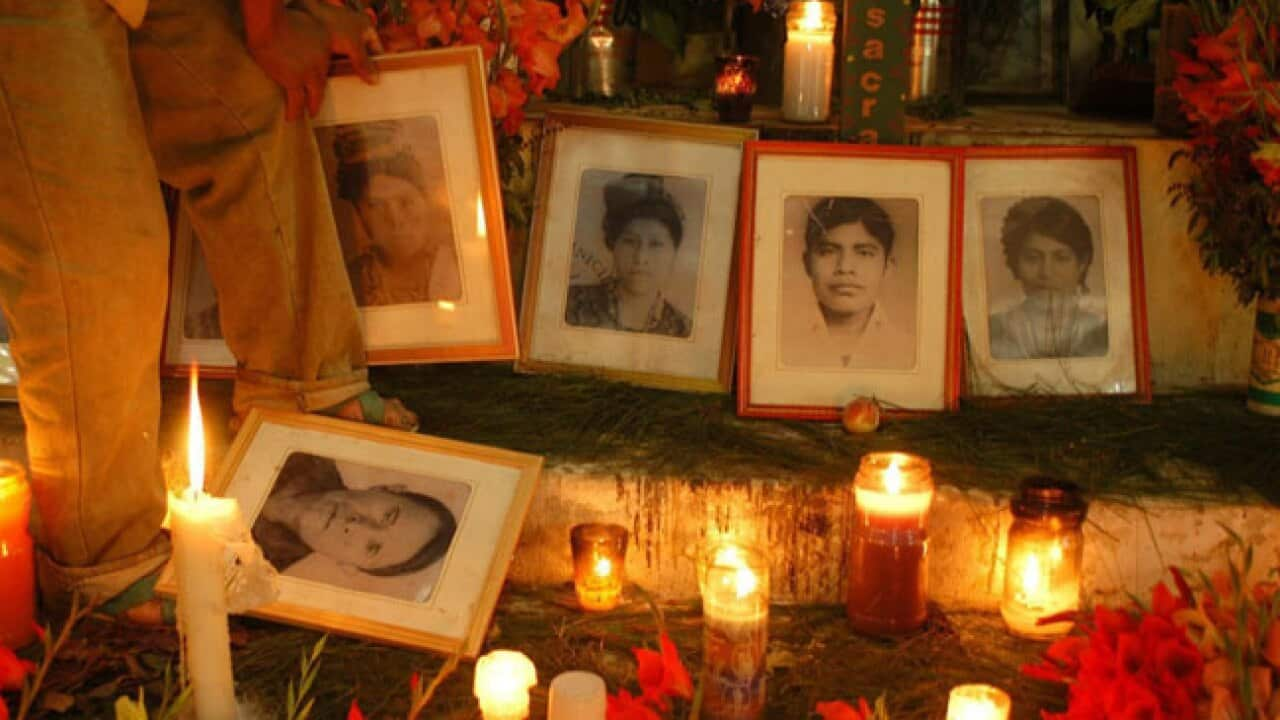Relatives of the victims wept and hugged as the verdict was handed down on Tuesday by a special court established last year to handle major cases including those relating to rights abuses during the conflict.
On July 18, 1982, the defendants were part of a military unit that carried out the killings in Plan de Sanchez, a community near the town of Rabinal, in the department of Baja Verapaz 100 kilometres north of the capital, the court heard.
Four of those convicted were members of the community militia organised by the military.
The fifth was a former army intelligence officer.
The five defendants guided the unit to the village, and also took part in the killing, prosecutor Orlando Lopez said.
Many of the women were raped before they were killed, according to 28 testimonies given to the court.
Judge Jazmin Barrios handed down 30 years for each victim, and 30 additional years for crimes against humanity. The convicts will serve 50 years in prison, the maximum under Guatemalan law.
The militias were controlled and armed by the military to fight suspected guerrillas and collaborators.
Those who refused to join were often branded rebel sympathisers.
Many of the militias committed atrocities on local populations, according to humanitarian organisations.
During the civil war, which claimed an estimated 200,000 lives between 1960-96, the military regimes fought leftist rebels and committed human rights violations against civilians.
Legal investigations started in 2000, four years after a peace agreement was signed.
The Inter-American Court of Human Rights in 2004 condemned the government for its role in the Plan de Sanchez killings and ordered it to investigate.
It was the third case of war crimes investigated by national authorities.
In 1994, a group of soldiers was sentenced but their conviction was later overturned.
In August, four former members of the army's special forces were sentenced to 6060 years in prison for the killing of 201 people in the village of Dos Erres, 500 kilometres north of Guatemala City, also in 1982.
A fifth was sentenced last week after extradition from the United States, for involvement in the same incident.
Indigenous men, women and children were clubbed, thrown into a well and killed by grenades. At least 67 of the victims were under the age of 12, the investigation found.
Share

